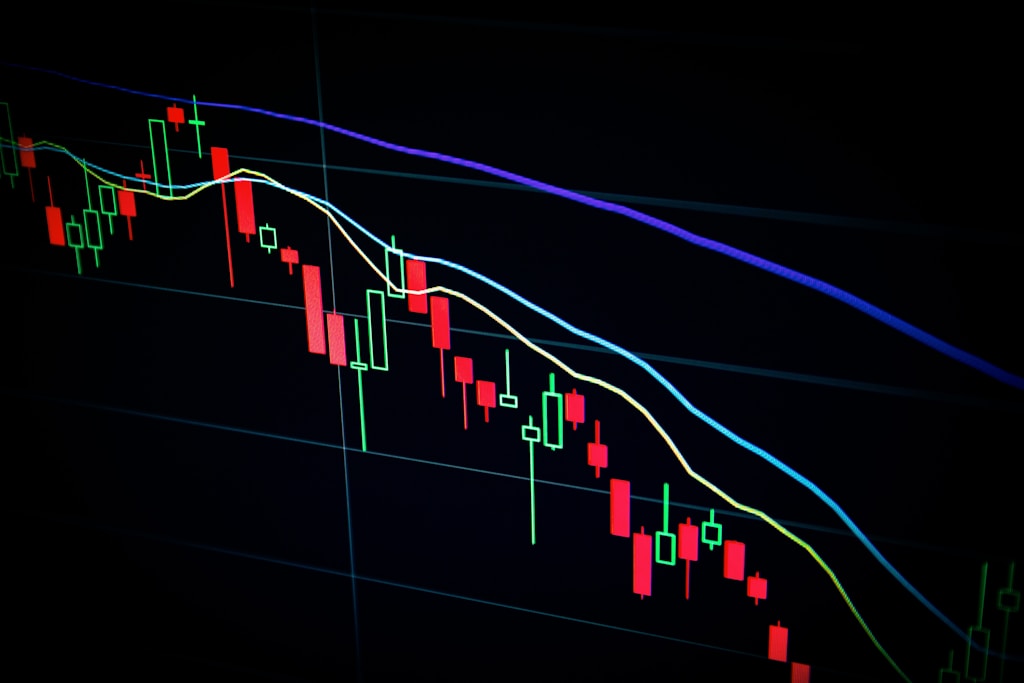Key Takeaways:
- Bitstamp becomes first major exchange to receive EU MiCA CASP license
- License enables pan-European crypto trading and custody services
- Approval signals growing regulatory clarity for EU crypto markets
In a landmark development for European cryptocurrency regulation, leading digital asset exchange Bitstamp has secured the first Crypto Asset Service Provider (CASP) license under the EU’s Markets in Crypto Assets (MiCA) framework from Luxembourg’s financial regulator.
The historic approval from the Commission de Surveillance du Secteur Financier (CSSF) positions Bitstamp as the first major cryptocurrency exchange to receive regulatory clearance under the EU’s comprehensive MiCA legislation. This milestone achievement comes as European authorities work to establish clear guidelines for digital asset businesses.
Strategic Implications of the MiCA License
The CASP license, combined with the European Passport mechanism, enables Bitstamp to offer a comprehensive suite of services across the entire European Economic Area, including:
- Cryptocurrency trading platform operations
- Order execution services
- Digital asset custody solutions
- Cross-border service provision
This regulatory approval aligns with the broader trend of increasing institutional participation in cryptocurrency markets. As major corporations continue to embrace digital assets, regulated platforms like Bitstamp are positioned to facilitate institutional crypto adoption.
Impact on European Crypto Market Structure
The MiCA license represents a significant step toward standardized cryptocurrency regulation across the EU. Market participants can expect:
- Enhanced consumer protection measures
- Standardized operational requirements
- Improved market transparency
- Reduced regulatory fragmentation
FAQ: Understanding the MiCA License
Q: What services can Bitstamp offer under the MiCA license?
A: The license allows Bitstamp to provide trading, custody, and order execution services across the EEA.
Q: How does this affect European crypto users?
A: Users gain access to regulated services with enhanced consumer protection and operational standards.
Q: Will other exchanges follow suit?
A: Major exchanges are expected to pursue MiCA licensing to maintain European operations.
Looking Ahead: Market Implications
This regulatory milestone sets a precedent for cryptocurrency service providers in Europe and could accelerate institutional adoption of digital assets. Market participants should monitor how this development influences trading volumes and regulatory compliance standards across the industry.







